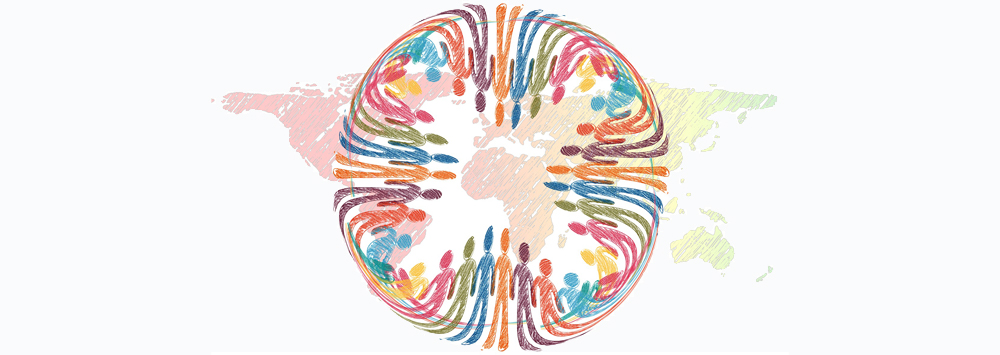Introduction
Decolonising the curriculum contributes towards our aims to advance race equality and inclusion and to support our students to become global citizens, ‘creative and culturally rich graduates…agents for change in a connected world’ (Liverpool Curriculum Framework). This toolkit aims to help you in that quest by offering practical tools, templates, examples, and more (as opposed to being an informational resource).
To find out more about the subject of decolonising the curriculum, see our Spotlight Guides to Decolonising the Curriculum and Decolonising: Surfacing the Hidden Curriculum.
Reflective Self-Evaluation Tool
This reflective tool offers a way for you to explore your own curriculum, considering four different elements: course content; design & delivery; assessment; and belonging & engagement. You can engage with it as an individual module leader or as a programme team.
The tool will help you gain an overview of how your module or programme currently creates an environment in which those who have traditionally been marginalised by colonialism are supported to thrive. Your reflection will also help you set goals for the future.
The first version of this toolkit was authored by Dr Monica Chavez and Dr Tya Asgari, who adapted questions from the SOAS Decolonising Learning & Teaching Toolkit (2018). The 2022 edition has been significantly revised by students from the DeCol-SoL-Advocates group, led by Dr Carl Larsen: Zayna Alam, Isobel Diaz, Saffron Shiels and Shuxian Zhou, in partnership with CIE staff.
Ways to use the tool
You can use the reflective self-evaluation tool:
- As an individual, you can access the tool here. You will be emailed a copy of your replies for reference. Using this option, no data will be gathered or held by CIE or other parties.
- With your programme team. You will be able to create visual reports that will allow you and your team to see strengths and areas of potential across your programme quickly and easily. Your data will be managed by a member of your department. Email us at cie@liverpool.ac.uk if you are a University of Liverpool member of staff and would like CIE to help you produce a report.
Please see our Data Privacy Notice.
Why use the tool?
Using the tool can help you:
- actively work to reduce the awarding gaps that exist between white students and students of colour within higher education
- respond to the Inclusivity Value and the Global Citizenship Graduate Attribute in our Liverpool Curriculum Framework
- support work towards the Race Equality Charter, the Student Success Framework, and the Access and Participation Plan
- contribute towards UN Sustainable Development Goal 4 – Inclusive and Equitable Quality Education.
What else can I do?
- Join the Decolonising UoL Collective to be part of a community of change agents. We have created this space to give a voice to students and staff who are interested in decolonising the university.
- Join the CIE Communities Hub Team, which will give you access to communities of practice across the University of Liverpool, including ones for those interested in Inclusive Curriculum and Global Citizenship.
- Contact cie@liverpool.ac.uk if you are a University of Liverpool colleague and would like us to arrange a bespoke workshop on decolonising the curriculum for you and your colleagues.
- Consider sharing your own materials with others. We are continuing to expand the range of tools available in this toolkit, and would welcome any contributions from colleagues who are willing to share their own ideas, materials, activities, or assessments that are examples of work that contributes to decolonising the curriculum. Please contact us cie@liverpool.ac.uk if you have something that you wish to share.

Decolonising the Curriculum Toolkit by Joanna Cheetham, Rob Lindsay & Dr Sam Saunders is licensed under a Creative Commons Attribution-NonCommercial 4.0 International License.
